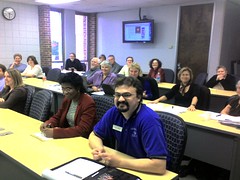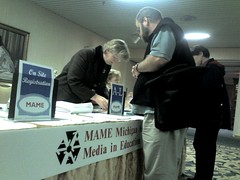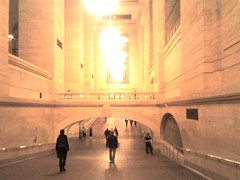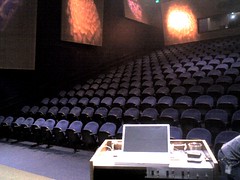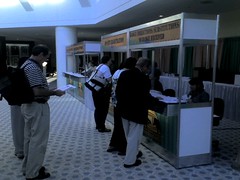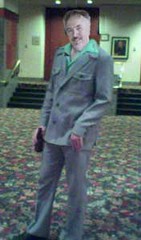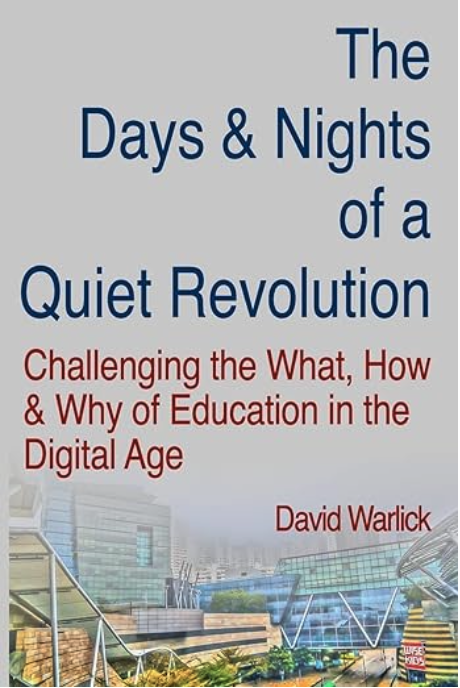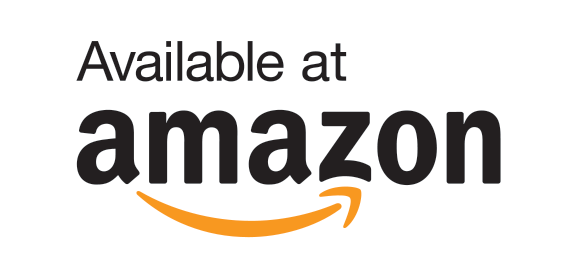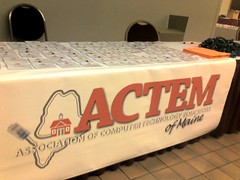 It’s October in Maine, and I have the honor of keynoting this forward moving state’s educational technology conference. It is important that I start by applauding this Maine’s adventure in modern education. It took an astounding amount of vision and courage to go here, and even more work to begin to capture the potential. It will not happy in a month, a year, or a decade. But it starts by somebody turning around, facing forward, and Maine has done that.
It’s October in Maine, and I have the honor of keynoting this forward moving state’s educational technology conference. It is important that I start by applauding this Maine’s adventure in modern education. It took an astounding amount of vision and courage to go here, and even more work to begin to capture the potential. It will not happy in a month, a year, or a decade. But it starts by somebody turning around, facing forward, and Maine has done that.
To continue hitch hiking this conference go to the…
Day 1
This will be a three-hour afternoon workshop on the new web, Web 2.0. It’s an awkward term, but it has stuck. I did the same workshop las week in South Carolina with educators who were already mastering many of the new web applications, educators who had researched and had a practical notion of what the read/write web is a bout, and many who had only heard it in conversations, and believed that it was in important thing to be learning about. The workshop was fairly free form, and I suspect that today’s session will be the same. Topics will include, but not be limited to:
- Blogs
- Wikis
- RSS
- Social Bookmarks
- Social Media
- Aggregators
- Podcasting
Here is a link to the wiki handouts for this session:
Day 2
The general conference with my keynote address on contemporary literacy. I’ve presented this topic for many years now, but almost every day I am reminded of how important it is, that merely being able to read, perform basic math, and write a coherent paragraph are no longer enough to be literate when information is increasingly digital, networked, and overwhelming. This presentation seeks to expand our notions of literacy to define what it means to be a reader, processor of information, and communicator in this time of rapid change.
The wiki handouts are at:
Two Follow-up Sessions
These sessions are entitled “Follow-up Sessions”. I am not sure how they will work out, because the attendees may have specific topics that they want to explore. If so, I will post some notes here later. If I end out steering the sessions, then the first one will likely be about leading education into the new century by telling new stories about teaching, learning, and 21st century classrooms. The second session will probably be about Web 2.0. If these turn out to be the case, then I will post links later.
I will most likely do the
